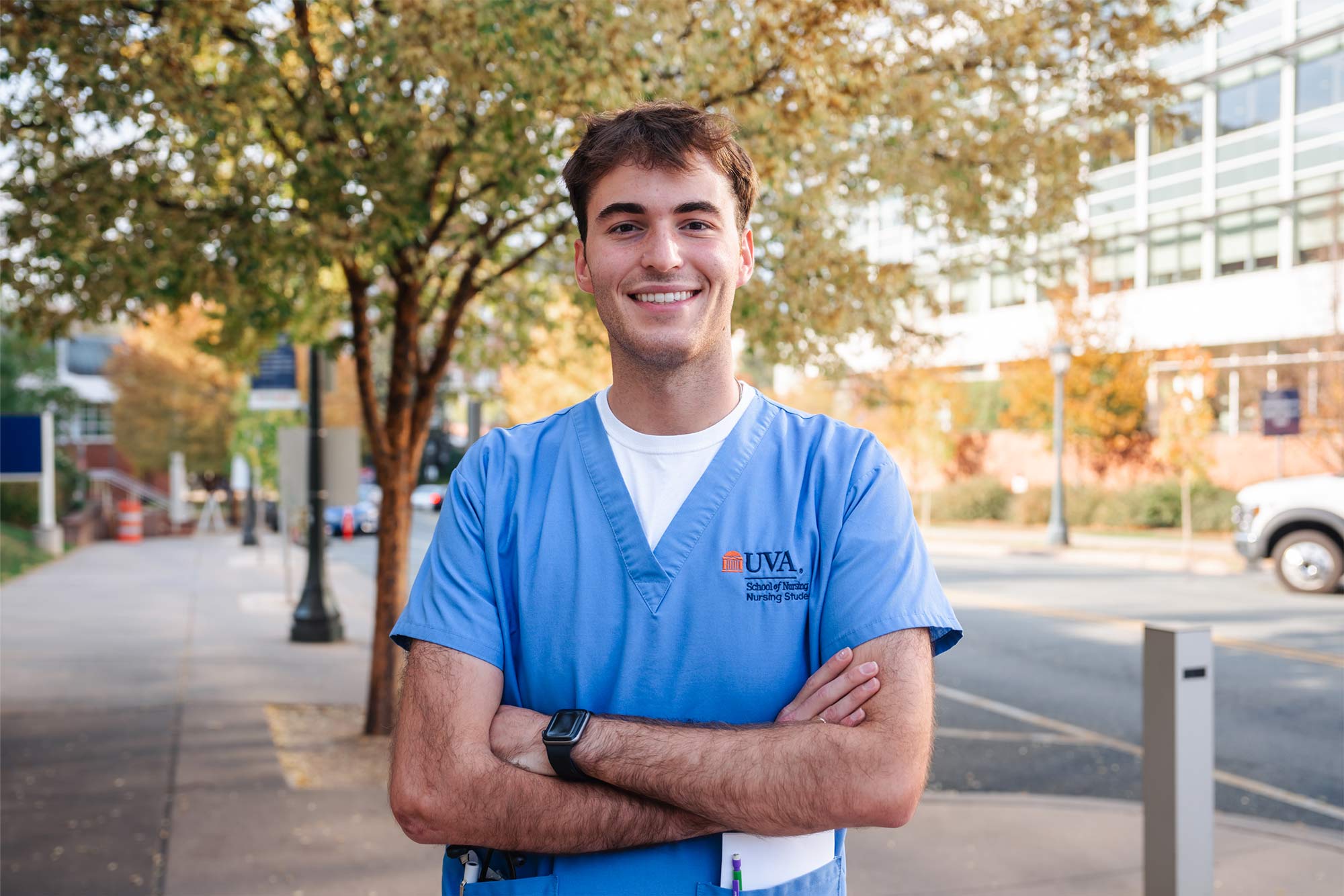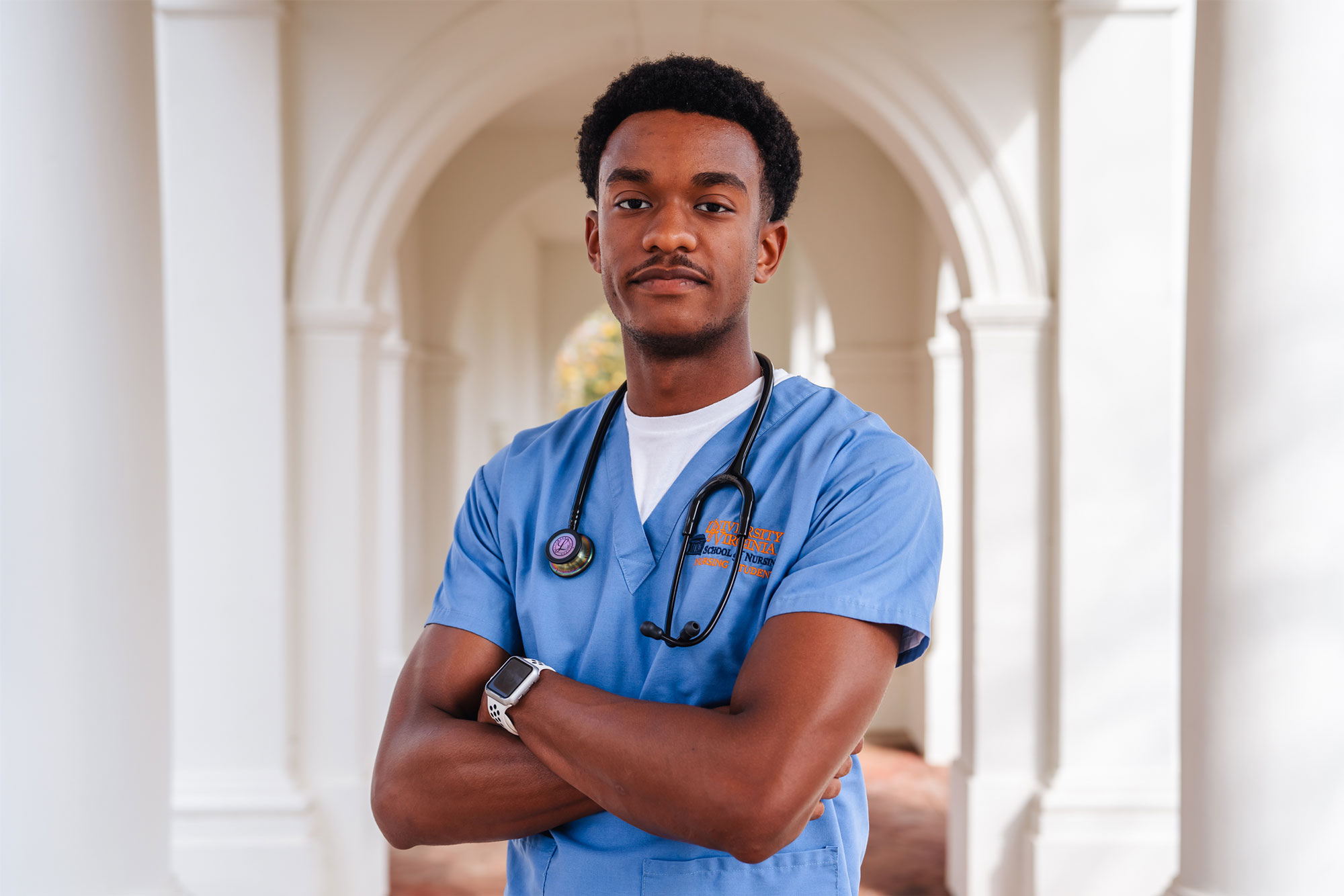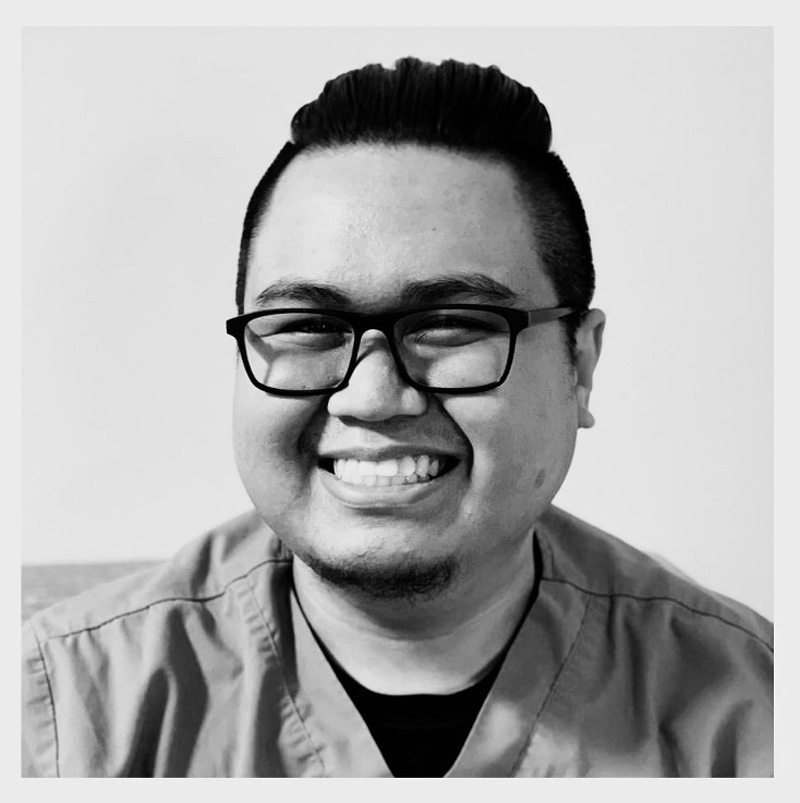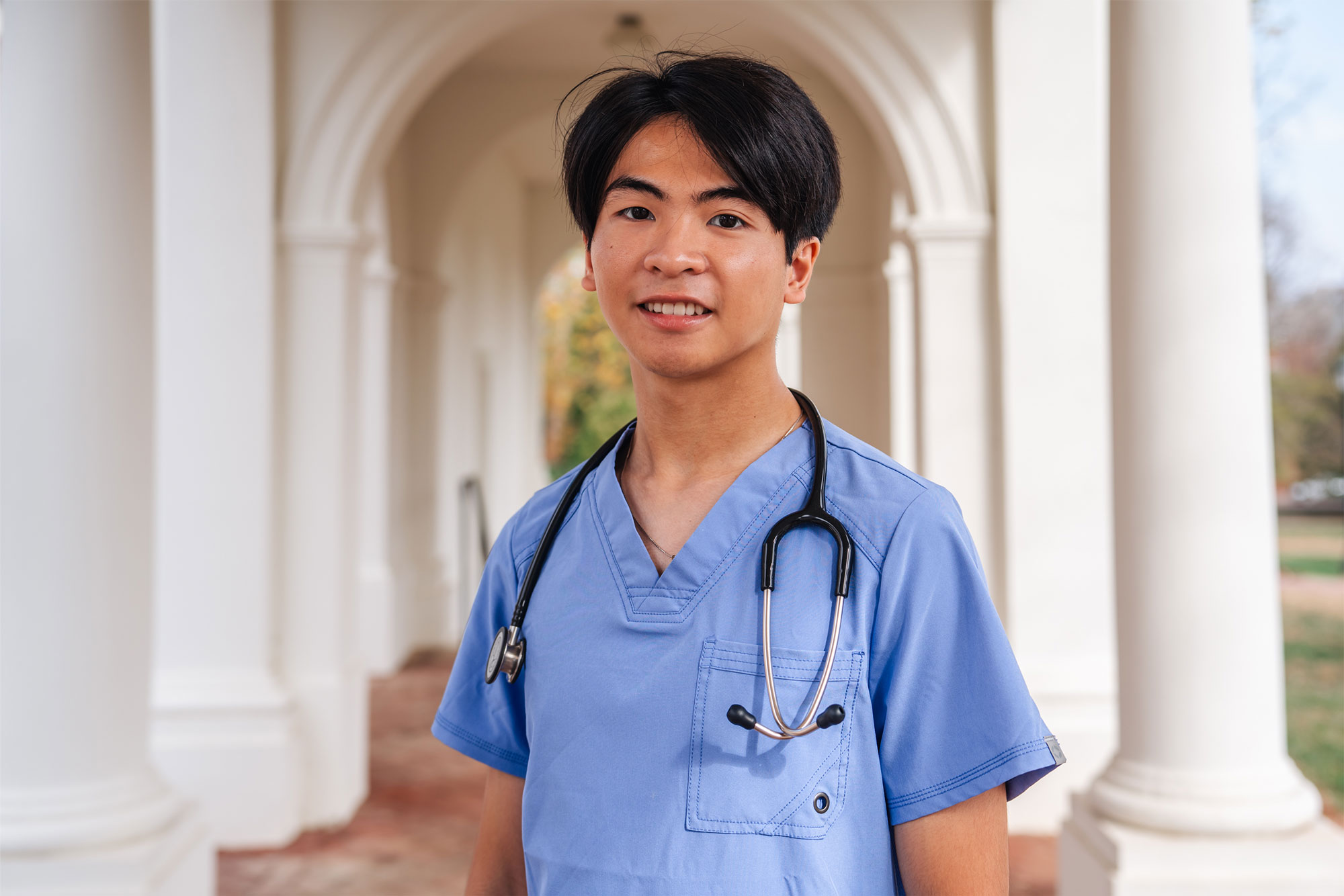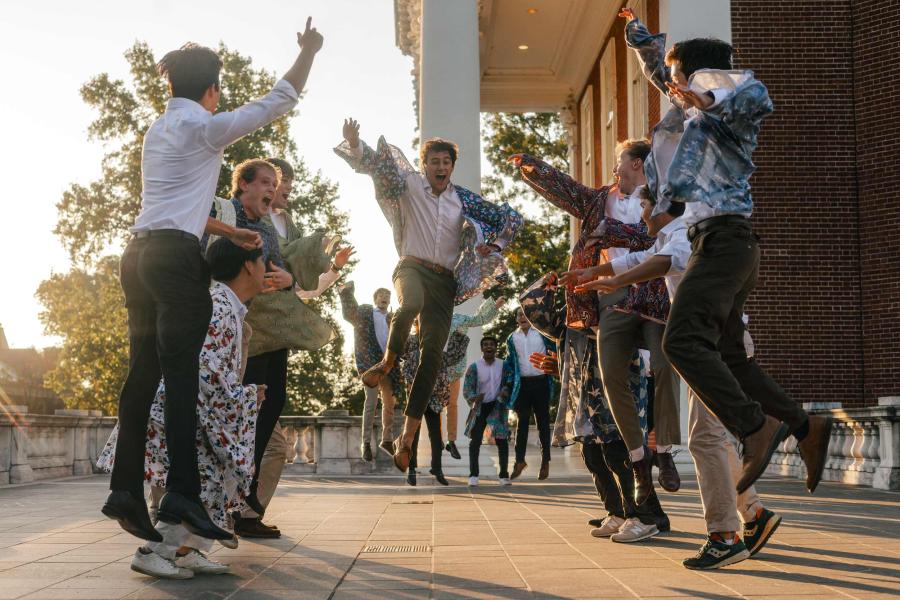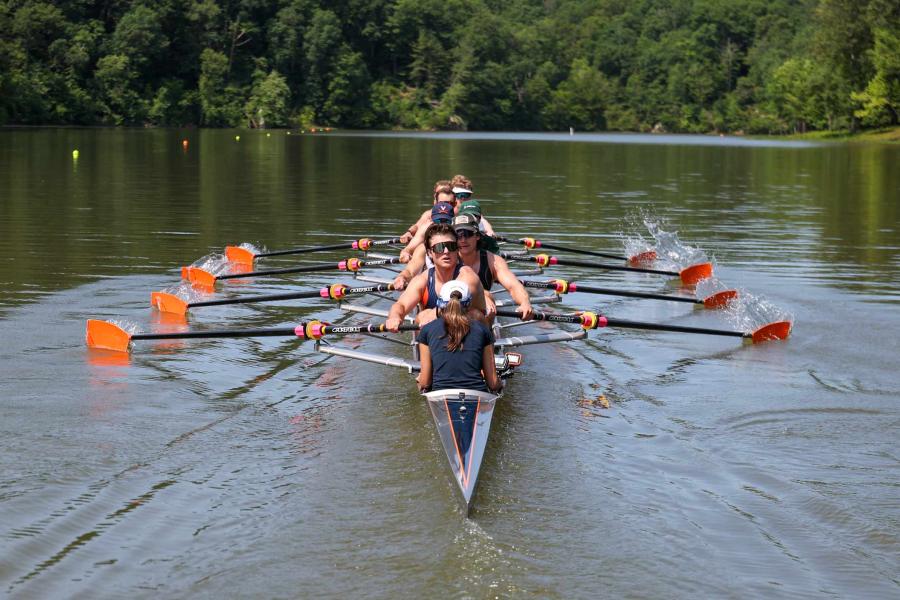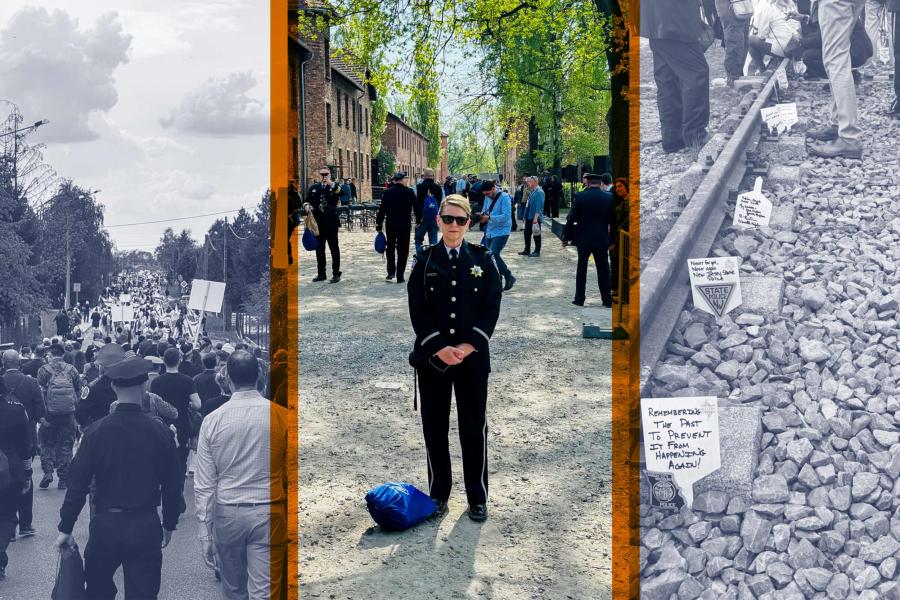“I kind of fell in love with it,” Edwards, now a third-year student, said.
Nursing has long been associated with women. Thanks to the efforts of Florence Nightingale, nursing became a profession for “respectable” women in the mid-19th century, but, before that, people usually were treated for illness at home by friends and family or in religious institutions by monks and nuns.
As women gained access to the profession, however, men lost it. Men, as well as people of color, were excluded from most nursing schools, including UVA’s, until the 1950s and ’60s.
Chester O. Gray and Charles Barbour, who graduated from the all-Black Jackson P. Burley High School, which used to be home to a licensed practical nursing program run by the UVA School of Nursing, were the first male UVA nurse graduates. Thomas Watters, an ex-Navy corpsman, was the first man admitted to the University’s nursing diploma program in 1962, the year that program opened to men. Since then, UVA’s School of Nursing has become a top choice for men who want to go into the profession. The American Association for Men in Nursing named UVA a “Best School for Men in Nursing” in 2023.
The number of male nurses has grown in the last 20 years, according to the American Association of Colleges of Nursing, but lately the number has stagnated at about 12%. Male enrollment at UVA for the Nursing School’s Class of 2027 is 15%.
That’s a good thing, according to the men.
“A male nurse is more able to relate to male patients,” said Jared Hart, a fourth-year student and the vice-president of the Men Advancing Nursing club, or MAN, at UVA.
Male students sometimes get asked why they want to be nurses, something many people still consider to be a woman’s job.
For Edwards, the answer is simple. “I’m man enough to be a nurse,” he said.
Like Edwards, Francis Atangan was drawn to nursing after he witnessed what nurses can do for a patient.
Atangan was in high school and living with his grandparents in the Philippines when his grandmother was hospitalized for sudden, severe abdominal pain. She had already suffered multiple suspected strokes, though Atangan said she didn’t go to the hospital for those. It was his first time seeing nurses care for a sick person, and observing how they made the patients and their loved ones feel more comfortable during scary moments.
“They’re very attentive. They know their stuff,” Atangan said.
He’d seen how doctors helped his grandparents in the past as he accompanied them on appointments, but after his grandmother’s hospitalization, he knew he wanted to become a nurse. And he did.
Atangan is a student in the nursing school’s “RN to BSN” program, which allows registered nurses who are working full-time to simultaneously earn their Bachelor of Science in Nursing degree. The first time he came to Grounds, another male nursing student welcomed him with a hug.
“We’re seeing more and more males coming into the profession,” Atangan said.
Andrew Nguyen, a fourth-year student who serves as the president of MAN, said it can be tough being one of a handful of men in his nursing classes. But there’s an upside, too.
“The thing about being a guy is everyone knows you,” Nguyen said. “You get to bond more.”
Nguyen said he’s loved his time at UVA, especially his clinical rotations.
“It’s all been a highlight,” Nguyen said.
For Atangan, UVA has been “a blessing.” He was earning an associate degree in nursing when the pandemic hit, canceling clinical rotations, where students care for real patients under supervision. He started looking around for programs that would let him get his BSN and found UVA.
The path hasn’t always been smooth, but faculty have always been supportive, Atangan said, as he balances working full-time work, part-time school, volunteer work and his personal life.
“They say, ‘Life happens. Just tell us,’” Atangan said, of his professors’ flexibility and understanding. “I’ve never heard that before.”

